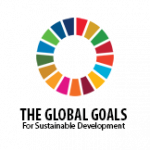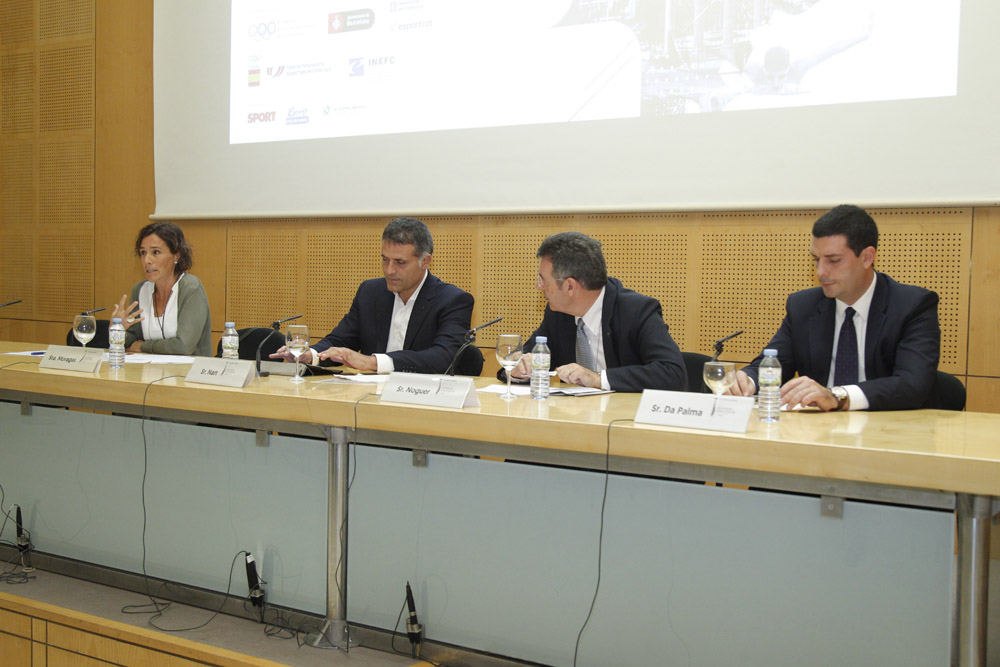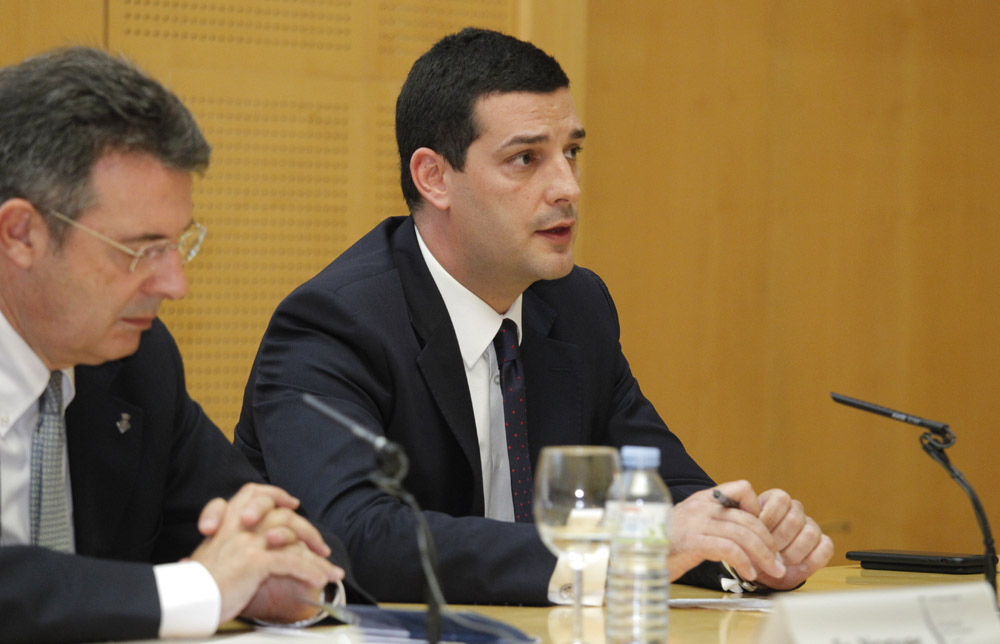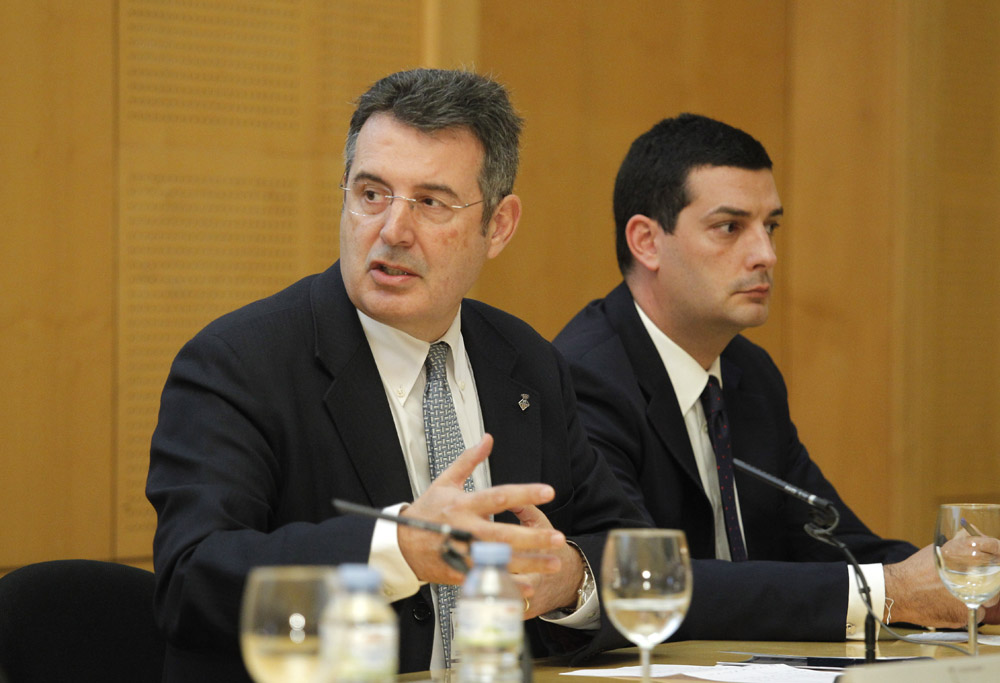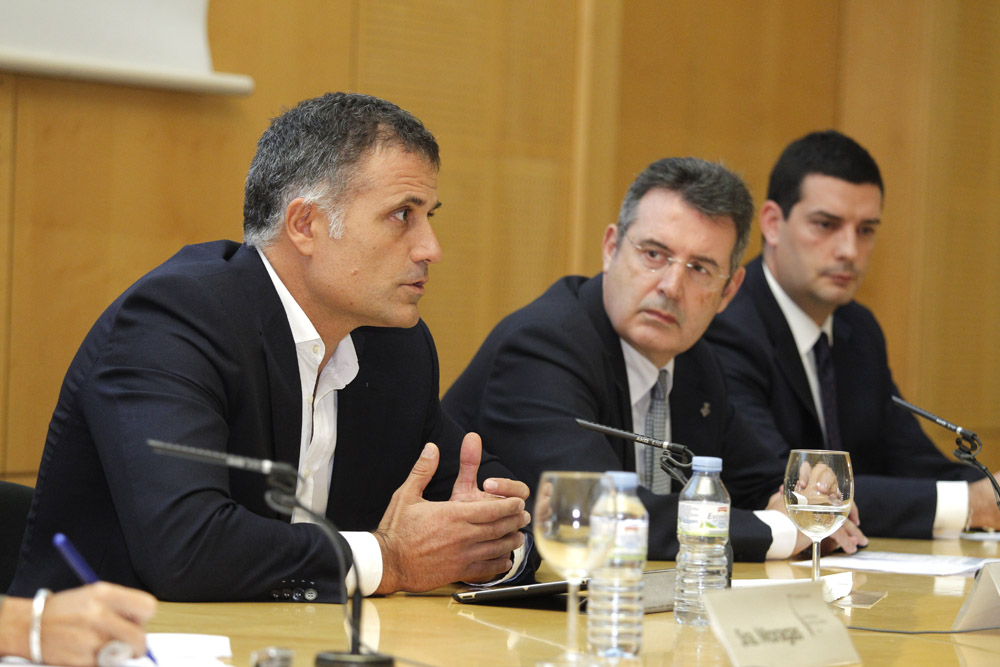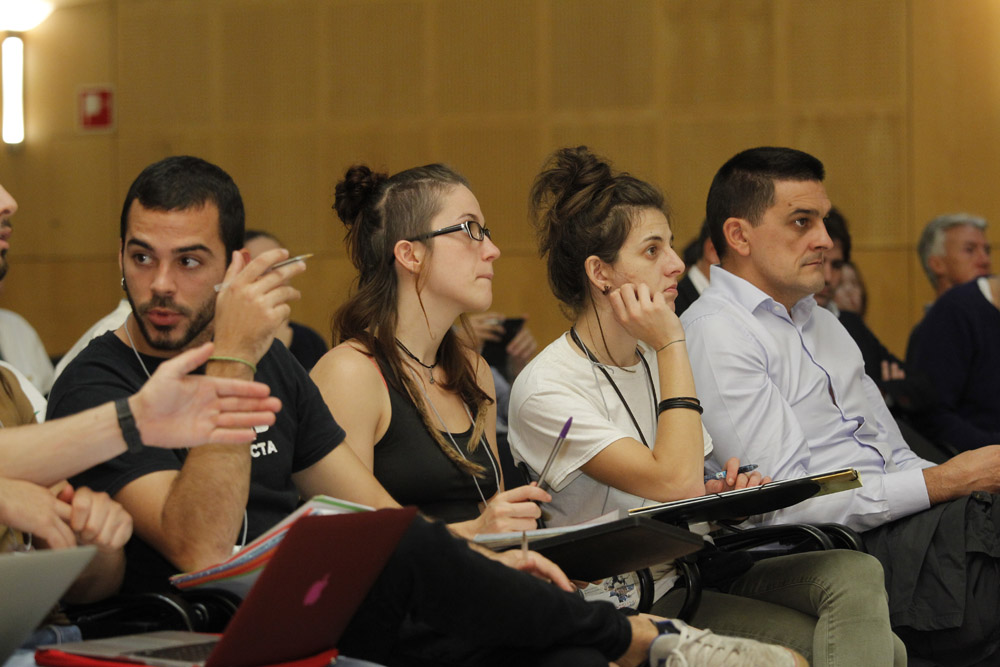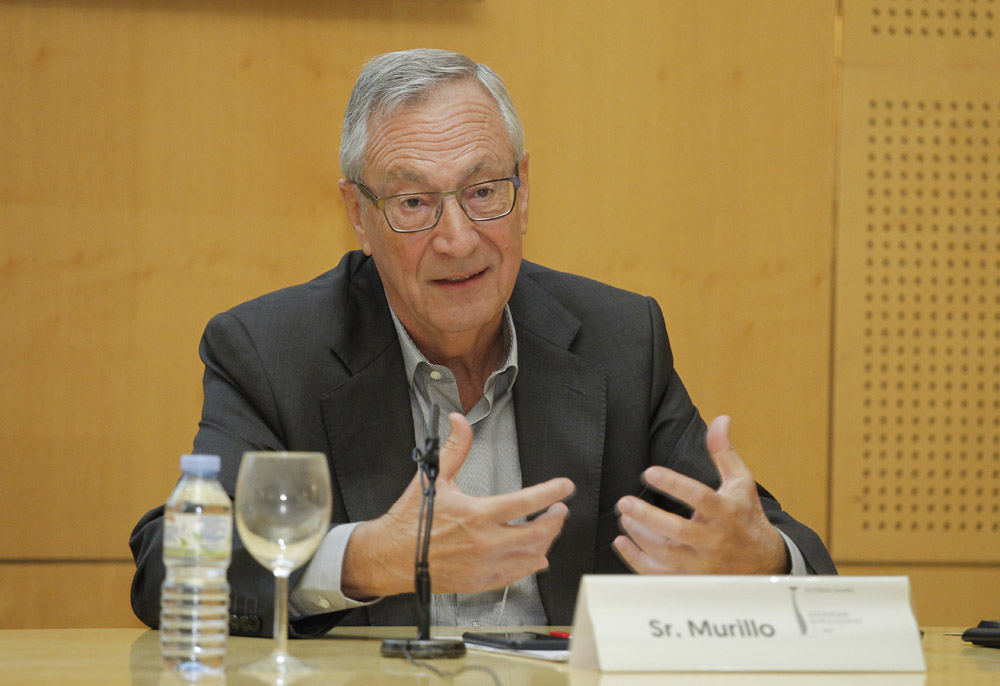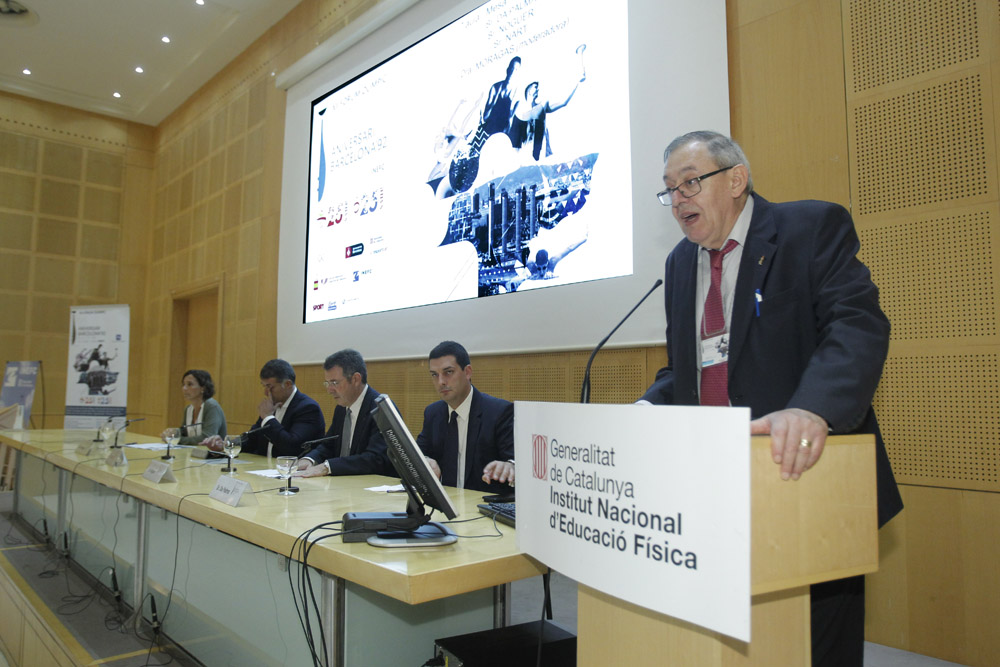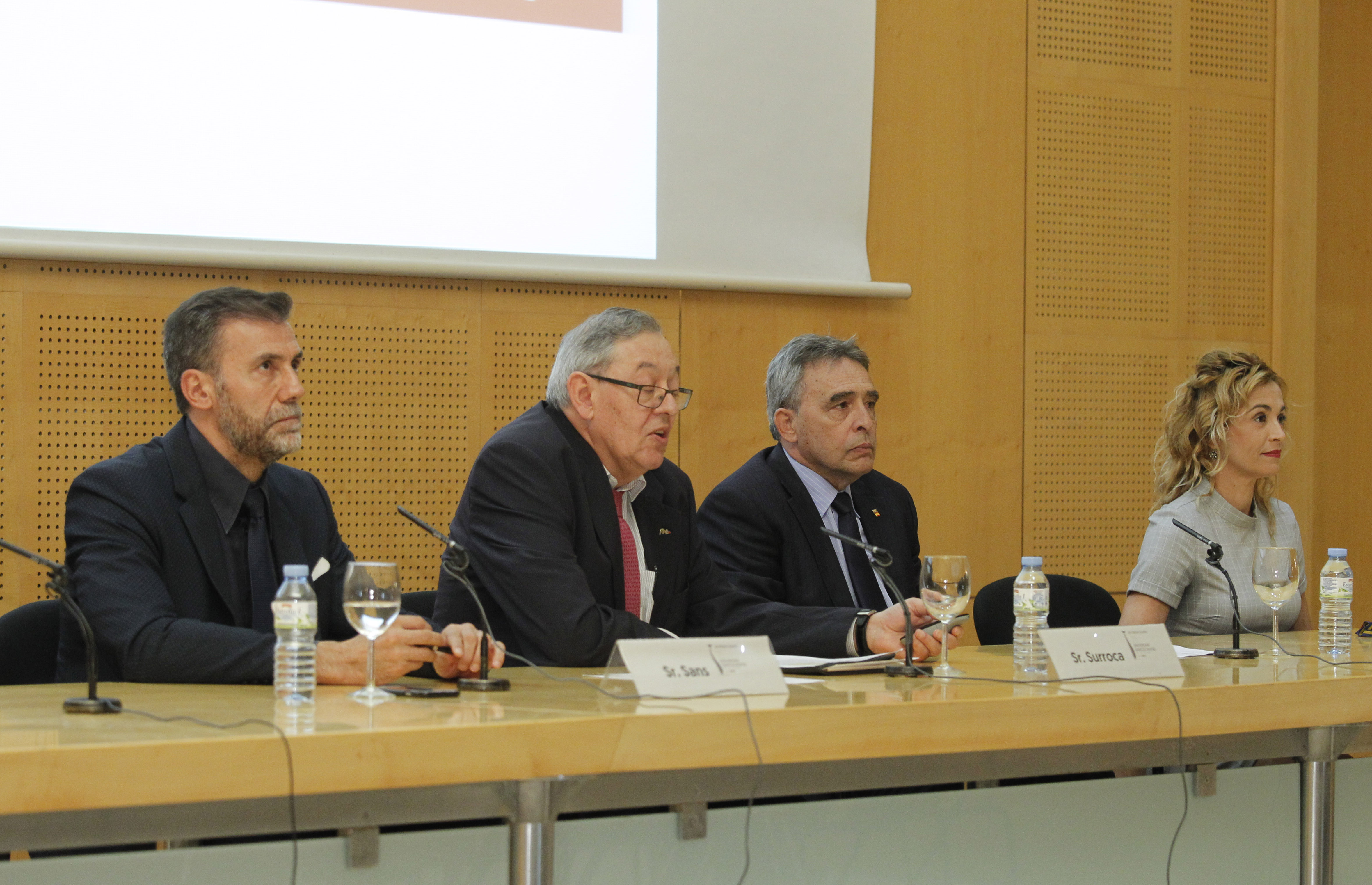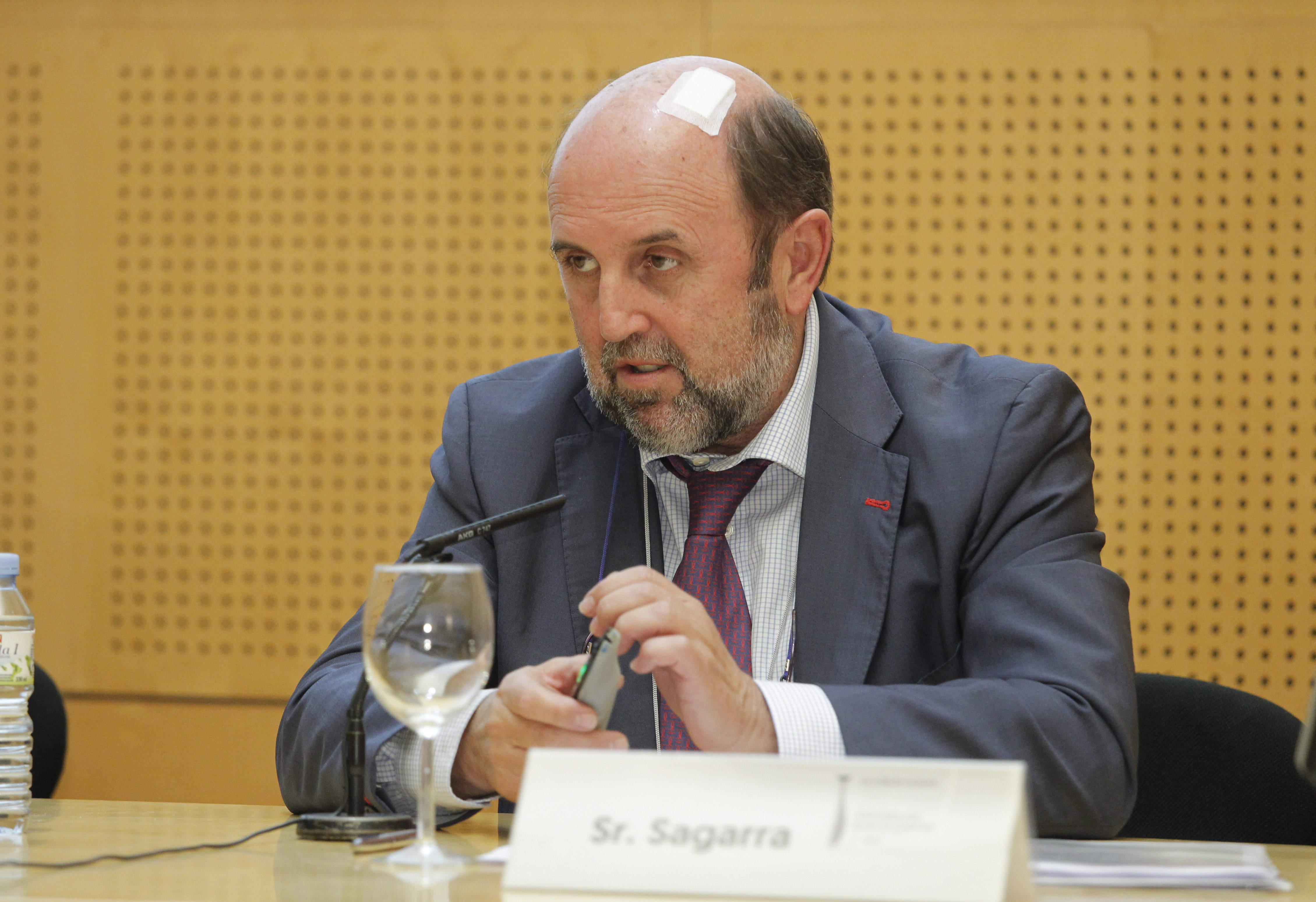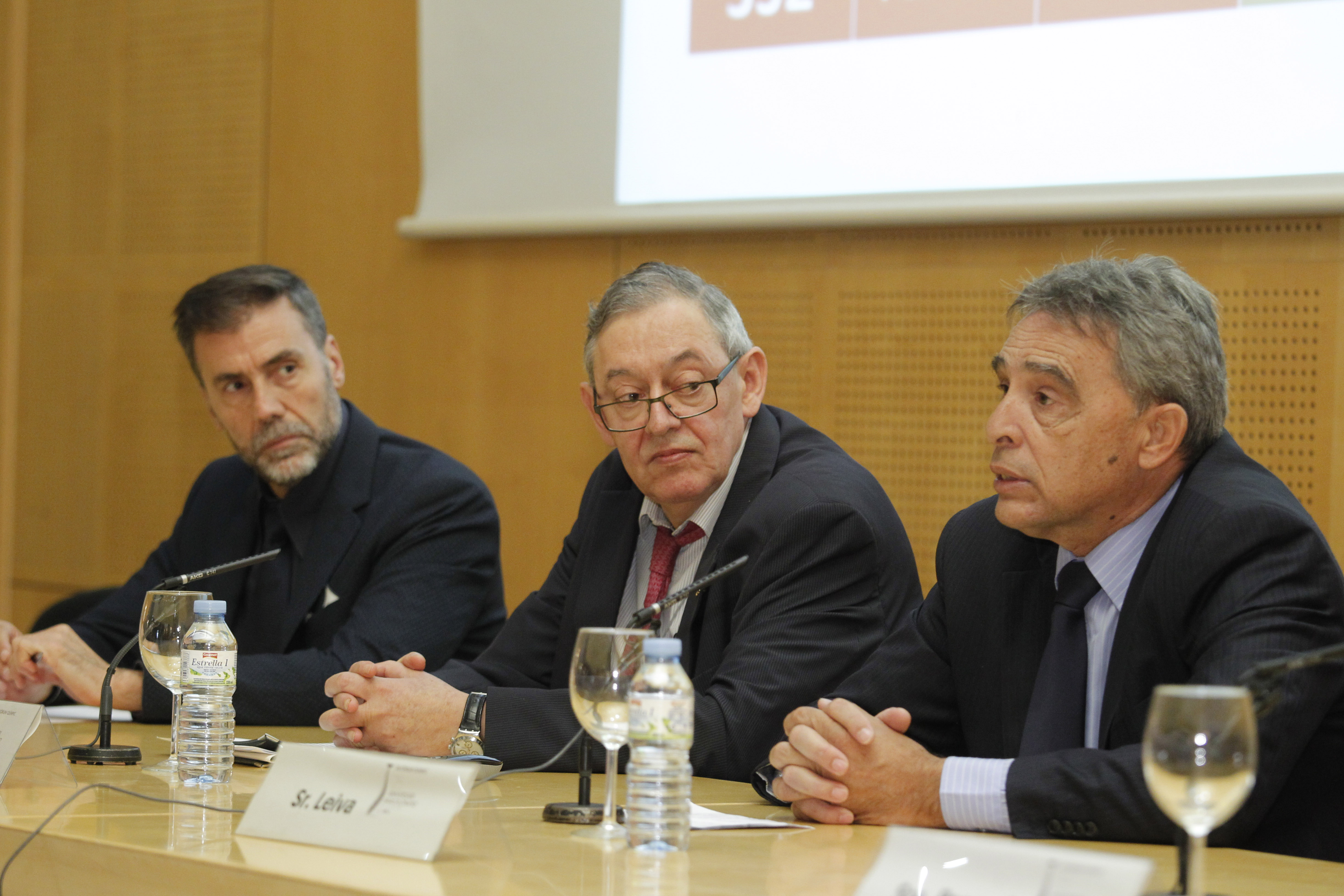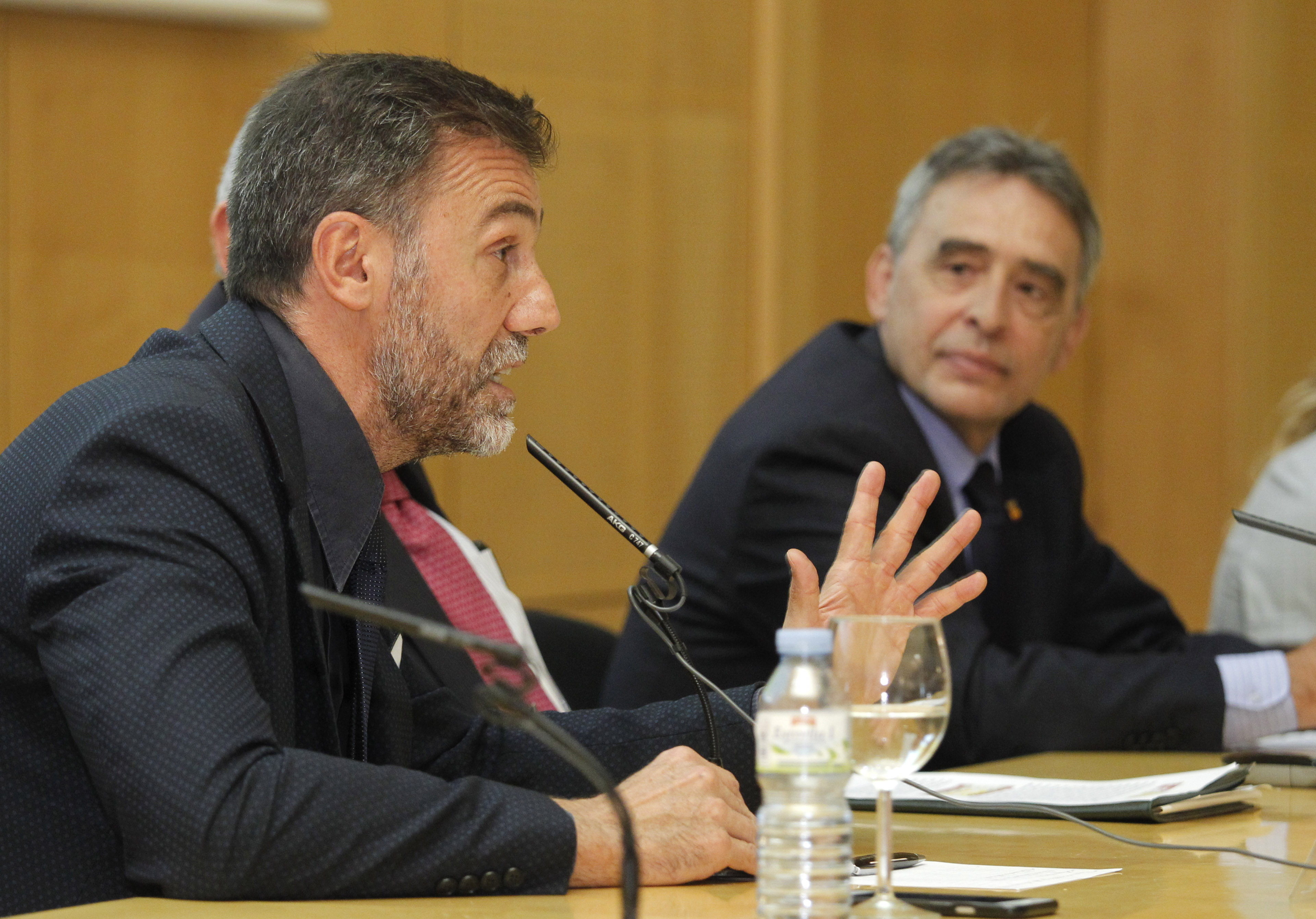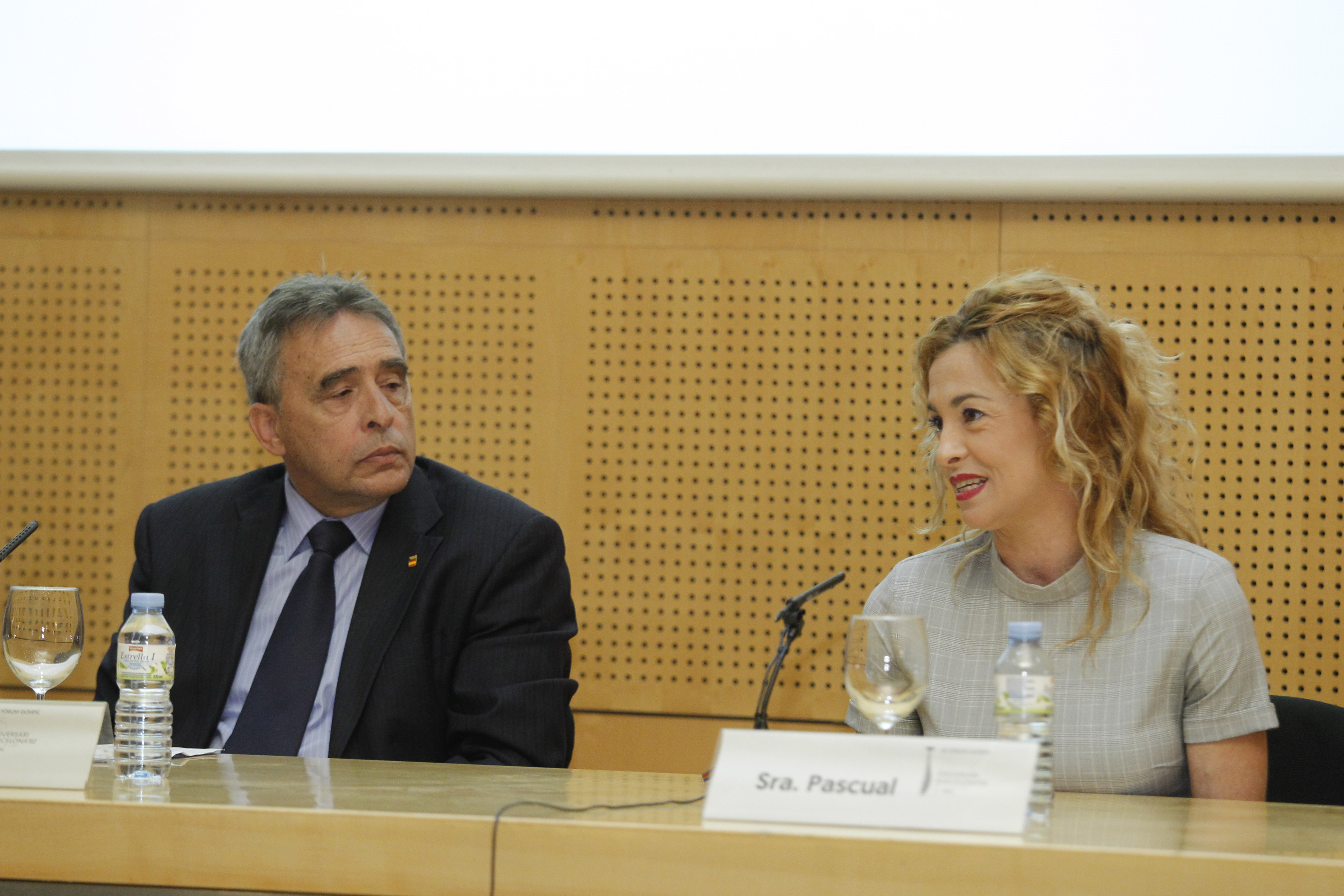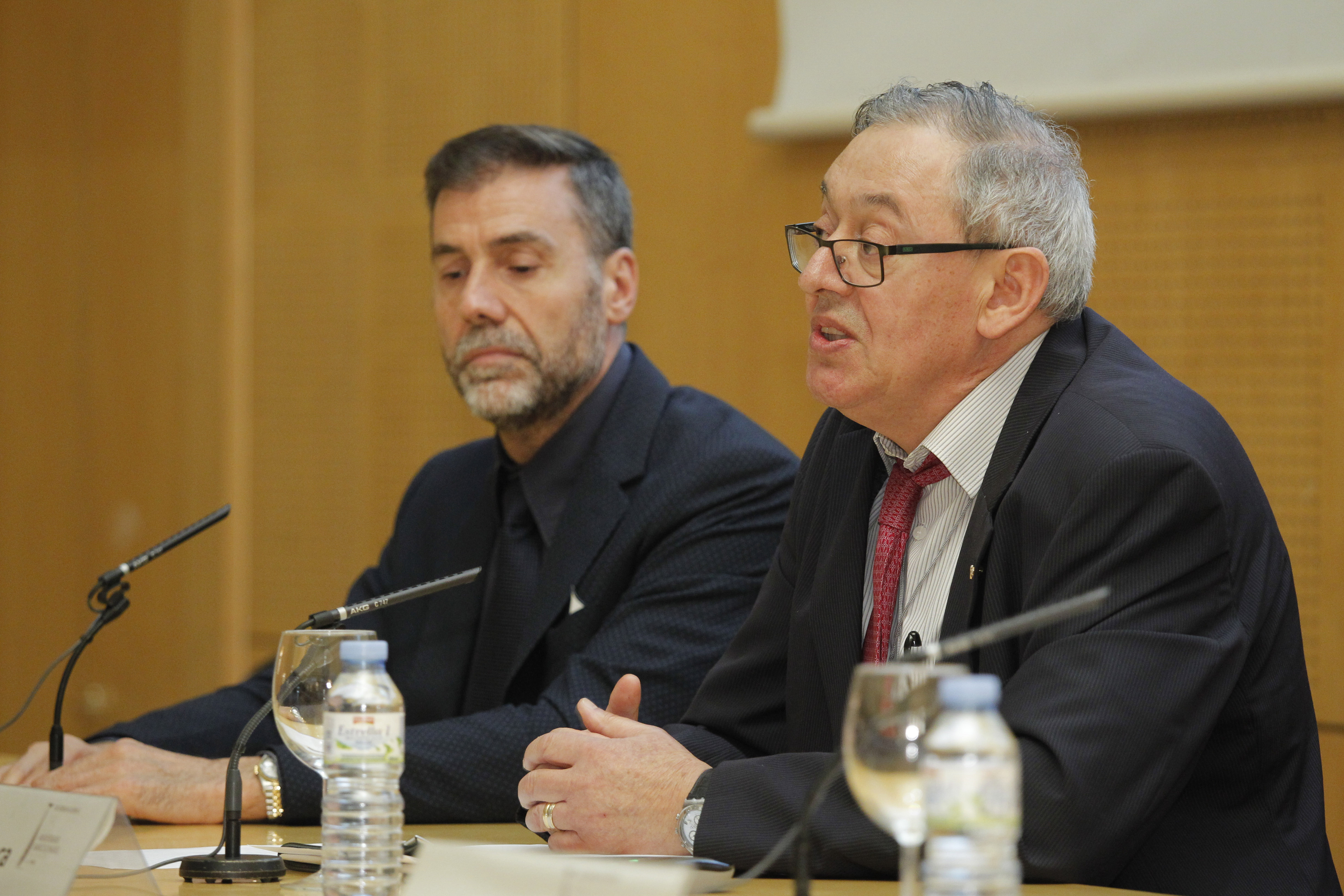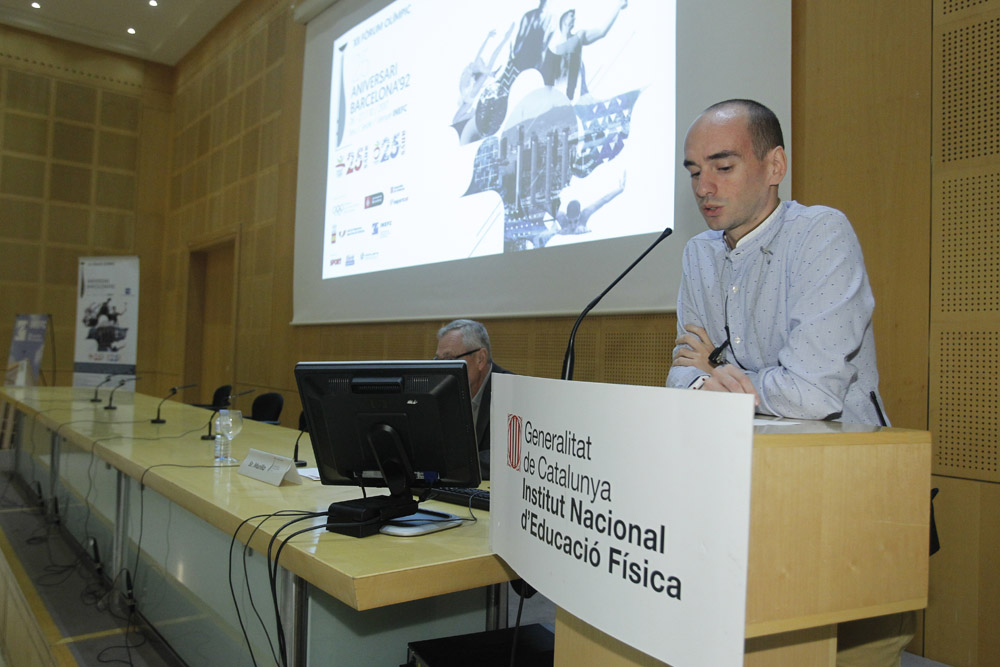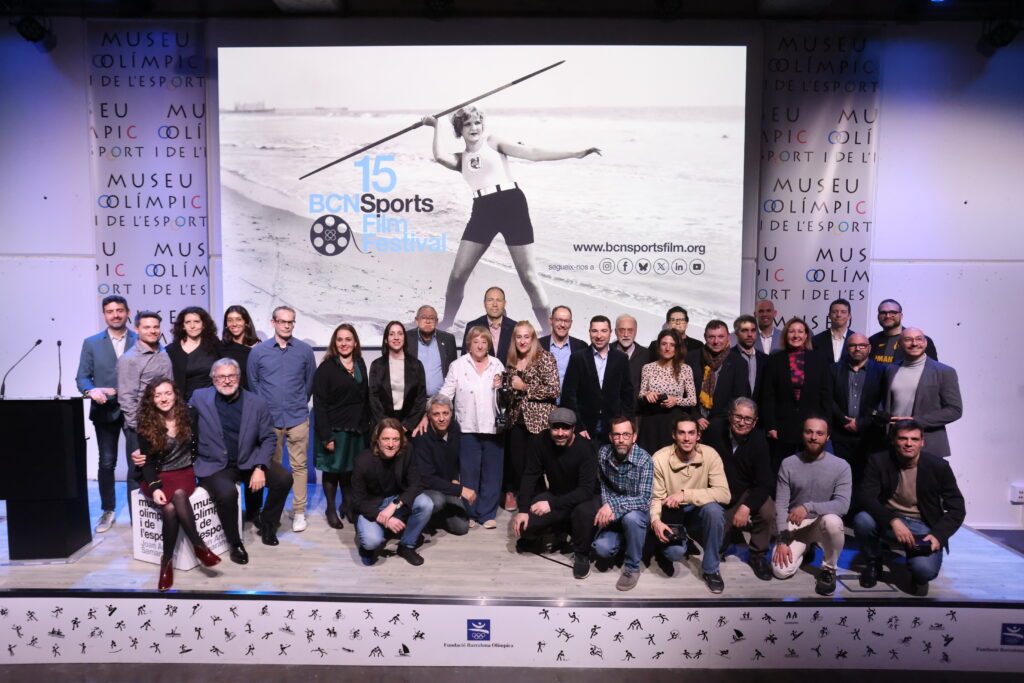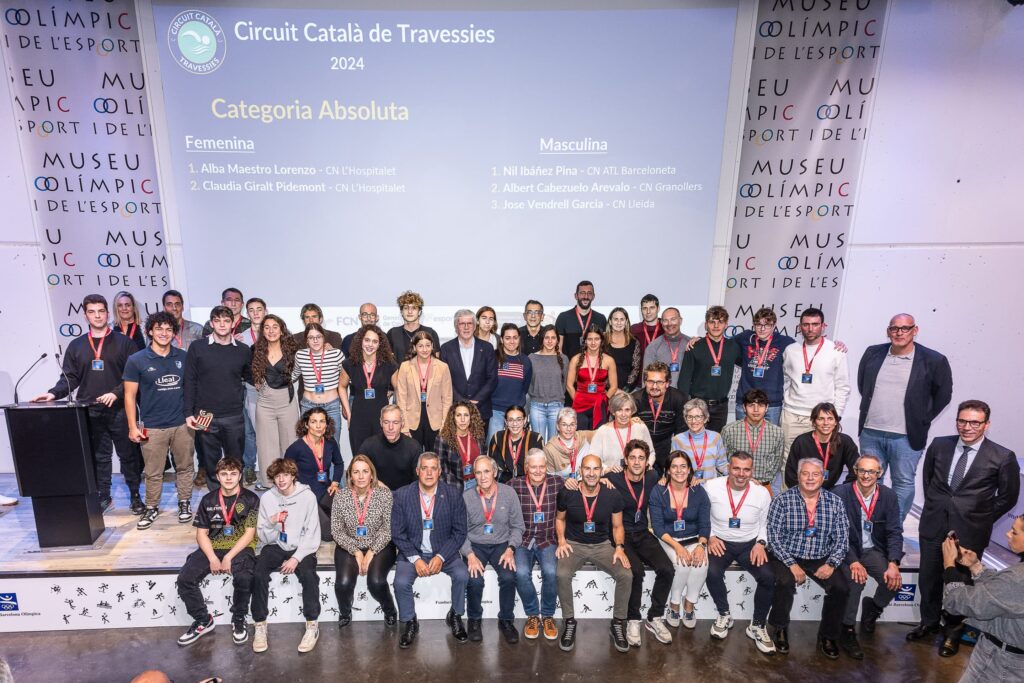Arseni da Palma, Director of the Castelldefels Olympic Canal, Miquel Noguer, Mayor of Banyoles, and Daniel Nart, Councillor for Sport in Terrassa, made up the round table on managing Olympic subsites, moderated by Marta Moragas, Lecturer in Sports and Physical Activity Sciences at Ramon Llull University. During this round table the participants explained how the facilities constructed or remodelled for the Barcelona Olympics are now being used. Instead of being abandoned or underused, these facilities are currently made available to the public and for sport. The Olympic Canal is now a self-supporting centre for water activities. Similarly, Terrassa has become one of the leading producers of young field hockey players.
The second contribution of the day was from Carles Murillo, lecturer in Economics at Pompeu Fabra University, who explained to us in graphic terms how the ’92 Games were a launch pad for tourism in the city. Barcelona took advantage of the Games to bring its architecture, culture, climate, traditions and society — an open, pluralistic community — to the attention of the world, and to become, in general, an open city. Nowadays Barcelona is one of the most visited cities in the world and is gradually adapting to the huge influx of international tourists.
After the break, sport took centre stage. Miquel Sagarra, Director of the Spanish Paralympic Committee, explained the qualitative and quantitative leap forward that the Barcelona Games represented for Paralympic sport. Barcelona not only took pains to ensure that the facilities were adapted to the participants but was also a starting point for Paralympic sportspersons to obtain grants (through the ADOP programme) to enable them to dedicate themselves to sport.
The 2017 Olympic Forum concluded with a round table consisting of Ricardo Leiva, Director of Sport on the Spanish Olympic Committee, and the Olympic medallists Jordi Sans and Carolina Pascual. This discussion was coordinated by the journalist Joan Manuel Surroca. The speakers explained the experience of the Barcelona ’92 Games as competitors. Barcelona professionalised sport and sportspeople; sports grants, high performance centres and the role of Olympic sportspeople (media and fame) began to become part of Olympic sport.
The closing session of the “12th Olympic Forum: 25th anniversary of Barcelona ’92” was conducted by Alberto Aragó-Pérez, coordinator of the Joan Antoni Samaranch Centre for Olympic and Sports Studies and coordinator of this 12th Olympic Forum.


